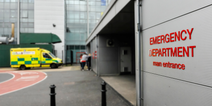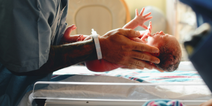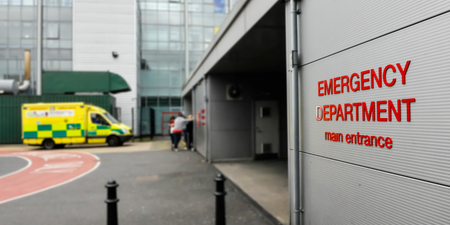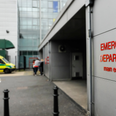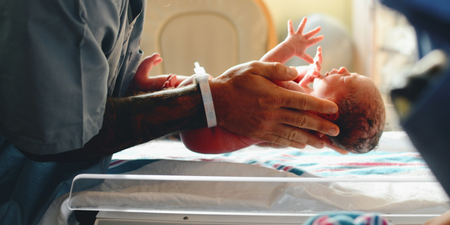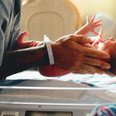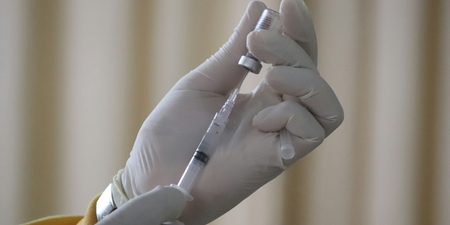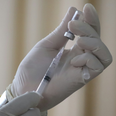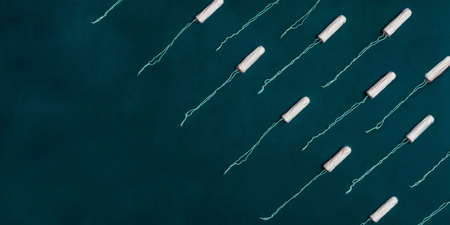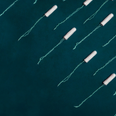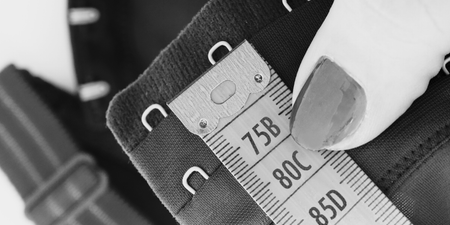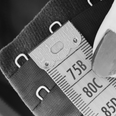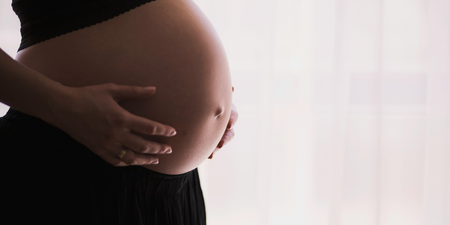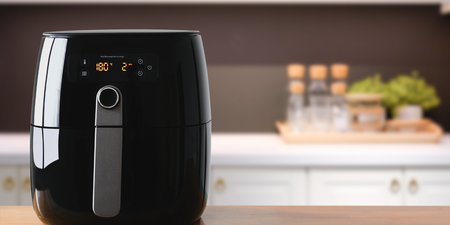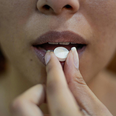Trigger Warning: Some readers may find the content within this article upsetting.
In 2022, 12,009 cases were treated for problem drug use in Ireland — the highest annual number recorded by the National Drug Treatment Reporting System (NDTRS) to date.
Of these stark figures, 37.1 percent were new cases that had never been treated before.
Meanwhile, the majority of cases treated in outpatient facilities stood at 68.9 percent.
The stigma around drug addiction in Ireland
Behind each case is a unique individual who did not choose this for their life.
Outside of the health implications of a drug addiction, there are numerous mental, emotional, personal, and professional consequences.
They can include isolation from loved ones, job loss, financial devastation, homelessness, drug-related violence, crime, and death.
On top of this, Ireland holds negative views towards drug users, such as judgement, alienation, blame, fear, repulsion, and hostility, be it in the actions and thoughts of a passersby or comments online.
In 2017, a CityWide survey of 1035 adults stated that over half (51 percent) of respondents said that drug users really scare them and just under two-thirds (64 percent) admitted that it would bother them to live near somebody who is addicted to drugs.
While 81 percent said that all drug users should have access to the treatment they need, sadly, more respondents disagreed (44 percent) than agreed (31 percent) that they saw people addicted to drugs more as criminals than victims.
The impacts of stigma towards drug users
Addiction is defined as a chronic, relapsing disorder characterised by compulsive drug seeking and use despite adverse consequences, according to the National Institute of Drug Use.
It is considered a disease, similar to heart disease, as both disrupt the normal, healthy functioning of an organ, both have harmful effects, and both are, in many cases, preventable and treatable.
If left untreated, they can last a lifetime and may lead to death.
Despite this, drug stigma is prevalent in Ireland and is an issue the HSE is very concerned about.
A HSE spokesperson told Her.ie that stigmatisation can relate to the attitudes, beliefs, behaviour or structures that interact at different levels of society (for example, at an individual level, community, within organisations, online, and in the media).
This can then manifest in ‘prejudicial attitudes about certain groups of people defined by certain characterises such as people who use drugs or people who have mental health concerns’.
In short, drug stigmatisation can impact not only drug users but their families too.
Negative views and perceptions often serve as a barrier to treatment for people suffering from drug addiction and their progress through treatment programmes, according to the HSE.
Dismantling the stigma in Ireland
This year, research commissioned by the HSE National Social Inclusion Office is due to be published.
Trinity College Dublin leads the research to develop a strategy for reducing drug-related stigma and direct a more informed and empathetic approach across society.
These findings will be informed by people who use drugs, those who have dependency issues, and their families.
The research will adopt an experience-led approach by considering the different groups of people who now use substances across society, people with dependencies who are engaged in treatment services and the families of people who use drugs.
It hopes to identify where and how these different groups currently experience stigma and how this can be addressed, both societal and internalised stigma will be reviewed among these groups.
Further, the intersection of topics such as stigmatisation based on gender, sexual orientation, ethnicity and mental health concerns will be acknowledged as cross-cutting themes for people who use drugs.
The development of a drug-related Stigma Reduction Strategy will be used to inform future health service provision and policy developments to achieve aims within health-led strategies.
Addiction Services & Getting Support
Information on accessing national addiction services can be obtained through Primary Care General Practitioners, the National Directory of Drugs and Alcohol Services on Drugs.ie, Local Health Offices, and local Addiction Services. The National Directory of Drugs and Alcohol Services which includes contact details for services can be accessed here http://www.services.drugs.ie/
The HSE Drugs Helpline can be reached on freephone 1800 459 459, Monday to Friday from 9.30 am to 5.30 pm. You can also email the helpline at [email protected]. This service offers support, information, guidance and referral to anyone with a question or concern related to drug and alcohol use. All calls and emails are confidential.
If you’re concerned about your use
- Take the Drugs.ie online self-assessment to identify the impact of your use: Drugs.ie/campaigns
- For harm reduction information go to Drugs.ie/campaigns
- See overdose reduction tips here
- Worried about someone? See resources and information here: https://www.drugs.ie/alcohol_info/worried_about_someone1/

